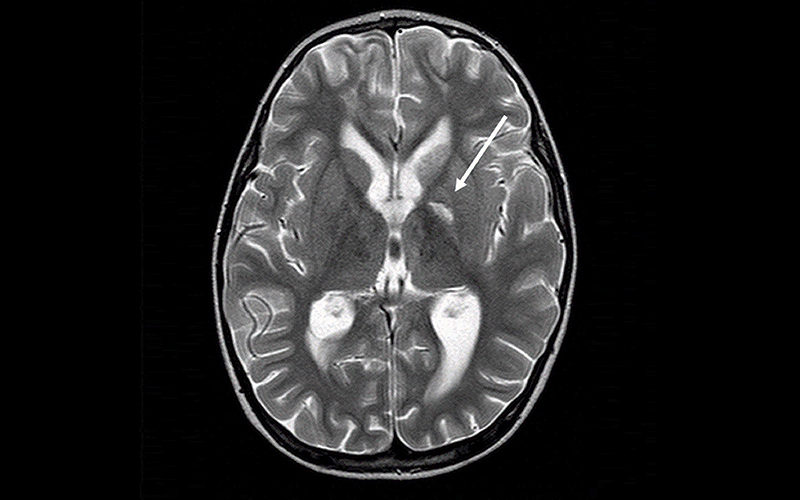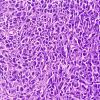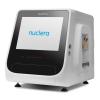Children with tuberculosis meningitis (TBM) have a biological fingerprint that can be used to assess the severity of the condition, it has been revealed.

This could help decide the best course of treatment, and provide clues for novel treatments for the brain and spinal cord infection that can lead to disability and death.
Scientists compared the blood and spinal cord fluid of 44 children with TBM and 20 patients with other spinal cord disorders and published their findings in the Journal of Clinical Infectious Diseases.
The research team identified a set of biological markers elevated in TBM.
The most common markers indicate damage of neurons and neuron-supporting cells, and their presence in the bloodstream and spinal cord can help to determine disease progression.




